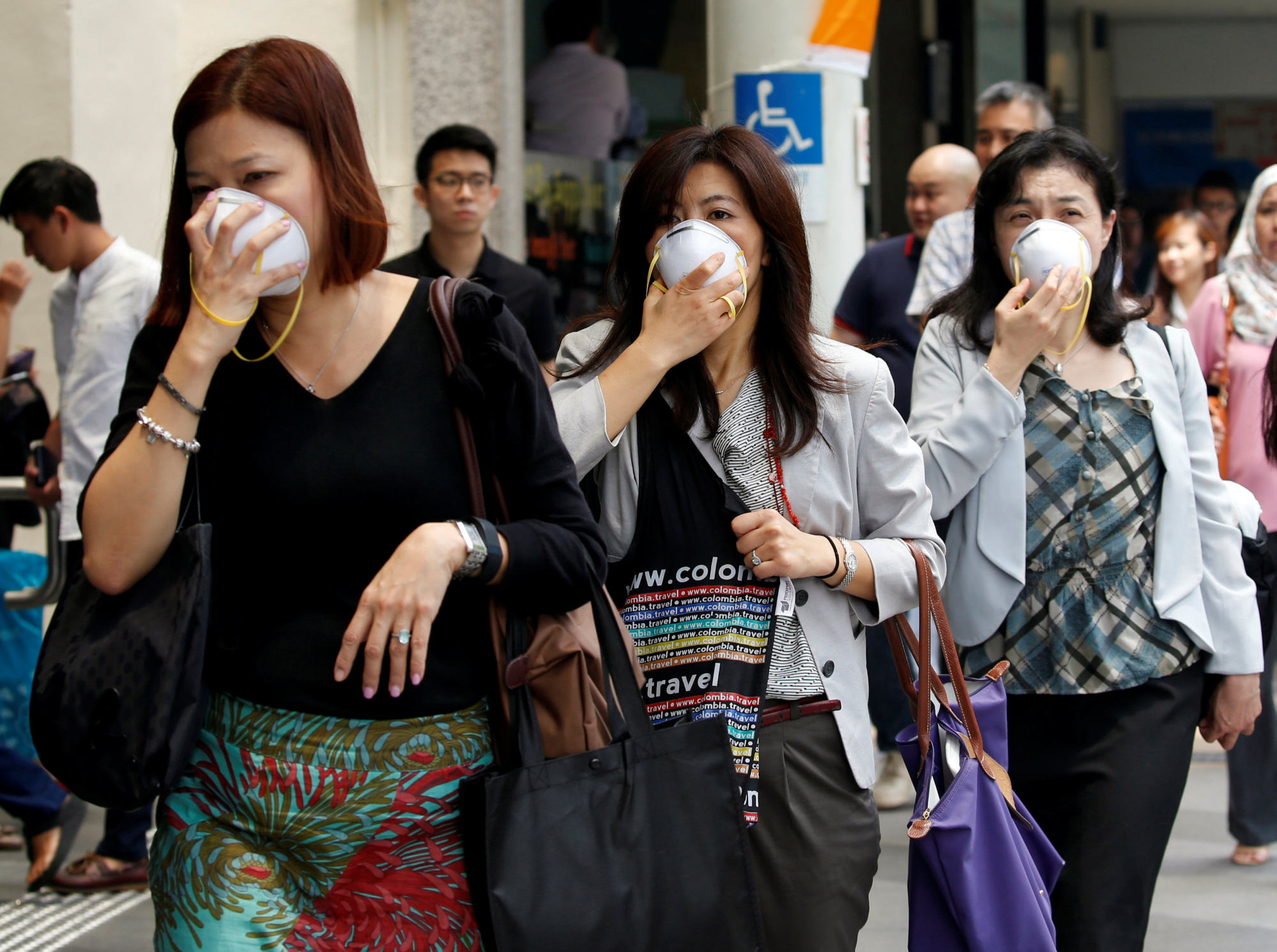Weather phenomena like El Nino and the Indian Ocean Dipole worsened the effects of these pollutants by intensifying their concentration in the air, Singapore’s Nanyang Technological University said, unveiling the results of a study led by its researchers.
The tiny particles called particulate matter 2.5, or “PM 2.5”, are harmful to human health when inhaled because they are small enough to enter the bloodstream. They come from vehicle and industrial emissions as well as natural sources like fires and dust storms.

The fine particulate matter “was associated with approximately 135 million premature deaths globally” from 1980 to 2020, the university said on Monday in a statement on the study, published in the journal Environment International.
It found that people were dying younger than the average life expectancy from diseases or conditions that could have been treated or prevented, including stroke, heart and lung disease, and cancer.
Weather patterns increased the deaths by 14 per cent, the study found.
The study is one of the most expansive to date on air quality and climate, using 40 years of data to give a big-picture view of the effects of particulate matter on health.
“Our findings show that changes in climate patterns can make air pollution worse,” said Steve Yim, an associate professor at Nanyang Technological University’s Asian School of the Environment, who led the study.

“When certain climate events happen, like El Nino, pollution levels can go up, which means more people might die prematurely because of PM 2.5 pollution,” Yim added.
“This highlights the need to understand and account for these climate patterns when tackling air pollution to protect the health of the global population.”
The Singapore researchers studied satellite data from the US National Aeronautics and Space Administration on the levels of particulate matter in the Earth’s atmosphere.
They analysed statistics on deaths from diseases linked to pollution from the US-based Institute for Health Metrics and Evaluation, an independent research centre.
The study focused only on the effects of ordinary weather patterns on air pollution, Yim said, adding that the impact of climate change will be the subject of future studies.

